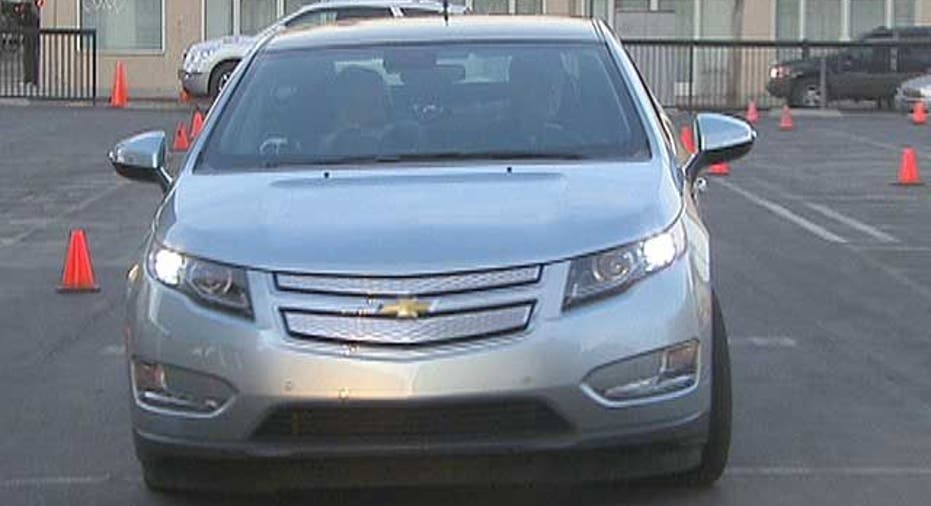Avoid Repossession by Paying off car Loan

Dear Driving for Dollars,
I received a notice from my bank that it's planning to repossess my car. I've been making payments on time for three years, except for three months when I was unemployed.
When I missed the third payment, I received the notice, but nothing before. I have some money now and want to pay off the car loan balance to prevent the repossession. If I do this, will I prevent my car from getting repossessed?
-Noell
Dear Noell,
The short answer to your question is maybe. If the bank has not actually ordered the repossession but has contacted you saying it will happen soon, you may be able to stop it by paying off your car loan or even just getting caught up on your payments and any penalties associated with the late payments.
Contact your bank right away to determine if it's actually contacted the repossession company and if not, make arrangements to get money to the bank right away to make good on your car loan.
If the bank already has ordered the repossession, it will be more difficult to get your car back by paying only the amount you owe on the auto loan since there are numerous fees associated with repossessing the car. At a minimum, you will at least owe some of the fees associated with the process. If the car isn't actually repossessed, you can probably avoid fees such as the impound costs.
Keep in mind that if you do decide to pay off the car loan to own your car free and clear, you will owe more than the amount listed on your last statement since interest accrues daily on the loan. You may also need to pay penalties associated with your missed payments and other fees, such as any fees if your car loan was turned over to a collection agency.
Get more news, money-saving tips and expert advice by signing up for a free Bankrate newsletter.
Ask the adviser
If you have a car question, email it to us at Driving for Dollars. Read more Driving for Dollars columns and Bankrate auto stories. Follow her on Facebook here or on Twitter @SheDrives.
Bankrate's content, including the guidance of its advice-and-expert columns and this website, is intended only to assist you with financial decisions. The content is broad in scope and does not consider your personal financial situation. Bankrate recommends that you seek the advice of advisers who are fully aware of your individual circumstances before making any final decisions or implementing any financial strategy. Please remember that your use of this website is governed by Bankrate's Terms of Use.



















